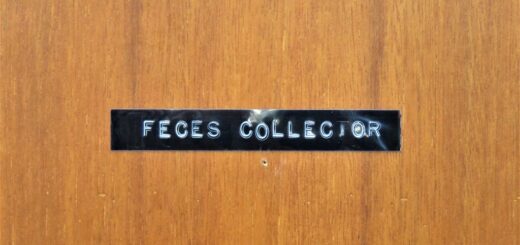A Planned and Orderly Death for Charlie Gard
Why were Charlie Gard’s parents not allowed to take him home to die? The answer provided by the Great Ormond Street Hospital is a priceless revelation of the socialist mind, and a perfect realization of the principles of medicine predicted in Brave New World.
After claiming that they had “tried absolutely everything” to satisfy the parents’ wishes — “absolutely everything” seems a tad exaggerated, since “absolutely everything” would presumably include actually allowing the parents to have their wishes — the GOSH spokeswoman explains the consideration that supposedly prevented the hospital from deferring to the parents’ wishes:
The risk of an unplanned and chaotic end to Charlie’s life is an unthinkable outcome for all concerned and would rob his parents of precious last moments with him.
Charlie’s being coercively prevented from receiving an available experimental treatment that might have improved his chances of survival was not “an unthinkable outcome.” Chris Gard and Connie Yates being divested of their parental authority and rights at the very moment when their child needed them most is not “an unthinkable outcome.” The British government presuming to determine whether a severely ill child’s parents ought to be permitted to try everything in their power to save him at their own expense, and coercively enforcing their refusal of permission — even to the point of a Conservative Prime Minister standing in the House of Commons to defend this utter rejection of parental rights — is not “an unthinkable outcome.”
No, the unthinkable outcome is “the risk of an unplanned and chaotic end to Charlie’s life.” A planned and orderly death, arranged and orchestrated by the State — that is exactly what this case came down to all along. The socialized hospital (i.e., government medical apparatus) determined that this baby should be relieved of his “distress” (aka life) immediately. His parents, wishing to give him one last chance at survival, raised money to take him for experimental treatment by an international expert in their son’s illness, at a major American hospital. The British government hospital, backed up by the courts and the British Parliament, denied the parents this freedom, thus revealing beyond any rational doubt the basic principle of socialized medicine: the individual is property of the State (“the collective”), and therefore in any conflict of interest between the State and private citizens regarding life and death decisions about a child, the State wins by default.
And that, in almost every such case — given the realities of tax-funded medicine and bureaucratic micromanagement — means death wins by default.
But don’t worry. If the system is managed well, meaning without interference from families and freedom-lovers, death will always be planned and orderly. Nothing to get all worked up about. No unnecessary suffering or distress, of the sort that might accompany prolonged, uncertain treatment, the effort to extend life against the odds, or raging against the dying of the light (what a passé sentiment!). Oh no, we couldn’t have such suffering and distress in Charlie’s final days. After all, the purpose of health care is to make all suffering disappear, by any means necessary, including government-ordered death. A well-planned, tidy little death.
By the way, when did the absolute elimination of suffering become the ultimate priority of life? What about that whole Job thing? Or all that Jesus on the cross mumbo jumbo? Nothing a good socialist state couldn’t obviate, I suppose.


